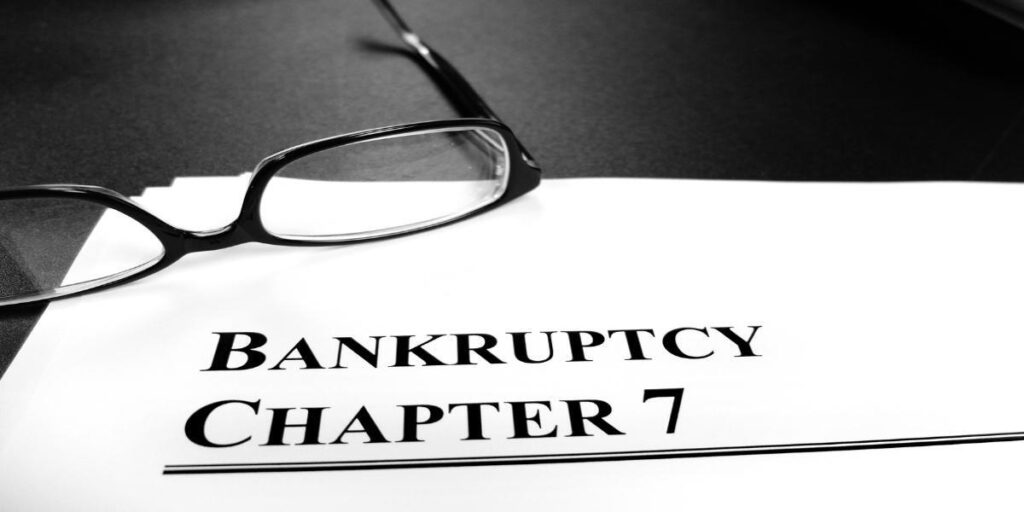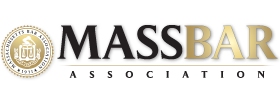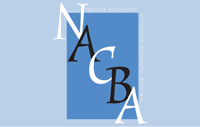If you’re in significant debt, you might be wondering if you qualify to file for Chapter 7 bankruptcy. If you’re curious about how to take advantage of the bankruptcy process, consider scheduling a consultation with an experienced bankruptcy firm like the Daigle Law Office team. During the consultation, you can discuss whether you qualify for Chapter 7, what your options are besides Chapter 7, and how the bankruptcy process could help you.
Requirements to File for Chapter 7 Bankruptcy
When assessing if you can file for Chapter 7 bankruptcy, your attorney will need to know your income. Chapter 7 filers typically (although there are limited exceptions) must have made less than the median income in the state for the last few months. The U.S. Census Bureau determines the median income every year. From November 1, 2024 to March 31, 2025, Massachusetts’ median income for a single earner was $81,040.
If you made less than this amount in the past few months and have significant debts, you may qualify to file for Chapter 7 bankruptcy. As mentioned above, even if your income exceeds this amount, it is possible that Chapter 7 might be an option if most of your debts are secured by collateral or if you have significant monthly expenses that offset your income. In any case, it’s worth it to consult with a local bankruptcy lawyer who handles both Chapter 7 and Chapter 13 cases to learn about your options for debt relief.
What Does It Mean to Discharge Your Debts?
Chapter 7 bankruptcy allows filers to discharge significant debts through a court-supervised process. After you file for bankruptcy, the court notifies your creditors of the filing and assesses your debts. The court also places an automatic stay on collections, prohibiting creditors from trying to collect on the debts while you are in bankruptcy. If you complete the bankruptcy process, which includes mandatory credit counseling and debtor education, the court will order discharge of some of your debts. Discharge means that the debt is released and you no longer owe it to the creditor. The creditor is not allowed to go after you for the debt anymore once it has been discharged.
Common debts that are discharged in Chapter 7 bankruptcy are medical debt, credit card debt, overdue rent, utility bills, personal loans, and court judgments. Not all debts are eligible for discharge – please talk to your lawyer about which debts are likely to be discharged and which will remain on your plate.
How Could the Bankruptcy Process Help You?
Chapter 7 bankruptcy helps many debtors gain a fresh start with their finances. By allowing discharge of significant personal debts hanging over debtors’ heads, the process gives debtors the ability to clean up their credit score over time and eventually reach greater financial stability. If you’re in significant debt and having difficulty making payments, it’s worth exploring whether bankruptcy is an option for you. You’ll want to discuss a few topics with your bankruptcy lawyer before filing, such as:
- Your income and expenses
- Your ratio of unsecured to secured debt
- Whether it’s realistic to try to keep the property that is collateral to your secured debt
- Whether you qualify for Chapter 7 or Chapter 13, and which process makes the most sense
- Other options for debt relief beyond filing for bankruptcy
We encourage you to call Daigle Law Office today for a conversation about these important topics.
Frequently Asked Questions
What can I expect at an initial consultation about filing for bankruptcy?
Daigle Law Office offers initial consultations so we can get to know you and your individual situation. We may make a preliminary assessment as to whether you are eligible to file for Chapter 7 or Chapter 13 bankruptcy. We may discuss other options for debt relief as well. To work with our firm for your bankruptcy filing, we’ll ask you to sign a representation agreement. Then we can move forward with gathering important information and paperwork to proceed with your case.
Will my credit score ever recover from filing for bankruptcy?
Our clients see great success with the 720 Credit Score rebuilder program. We automatically enroll clients in this helpful program when they hire us to represent them in their bankruptcy proceeding. While rebuilding credit does take time, it is achievable if you stick with it. We’ve had clients see significant credit score improvements in about 18 months using this program.
Bankruptcy Lawyers You Can Trust
Are you looking for a dependable, experienced lawyer who can assist with filing for Chapter 7 bankruptcy? Daigle Law Office’s attorneys offer experienced Massachusetts debtor help. Our office understands that you are dealing with difficult financial circumstances and need straightforward solutions. We help clients dealing with tough situations who need solid, reliable legal advice. To schedule a consultation, call 508-771-7444 or use our convenient Contact Form.







